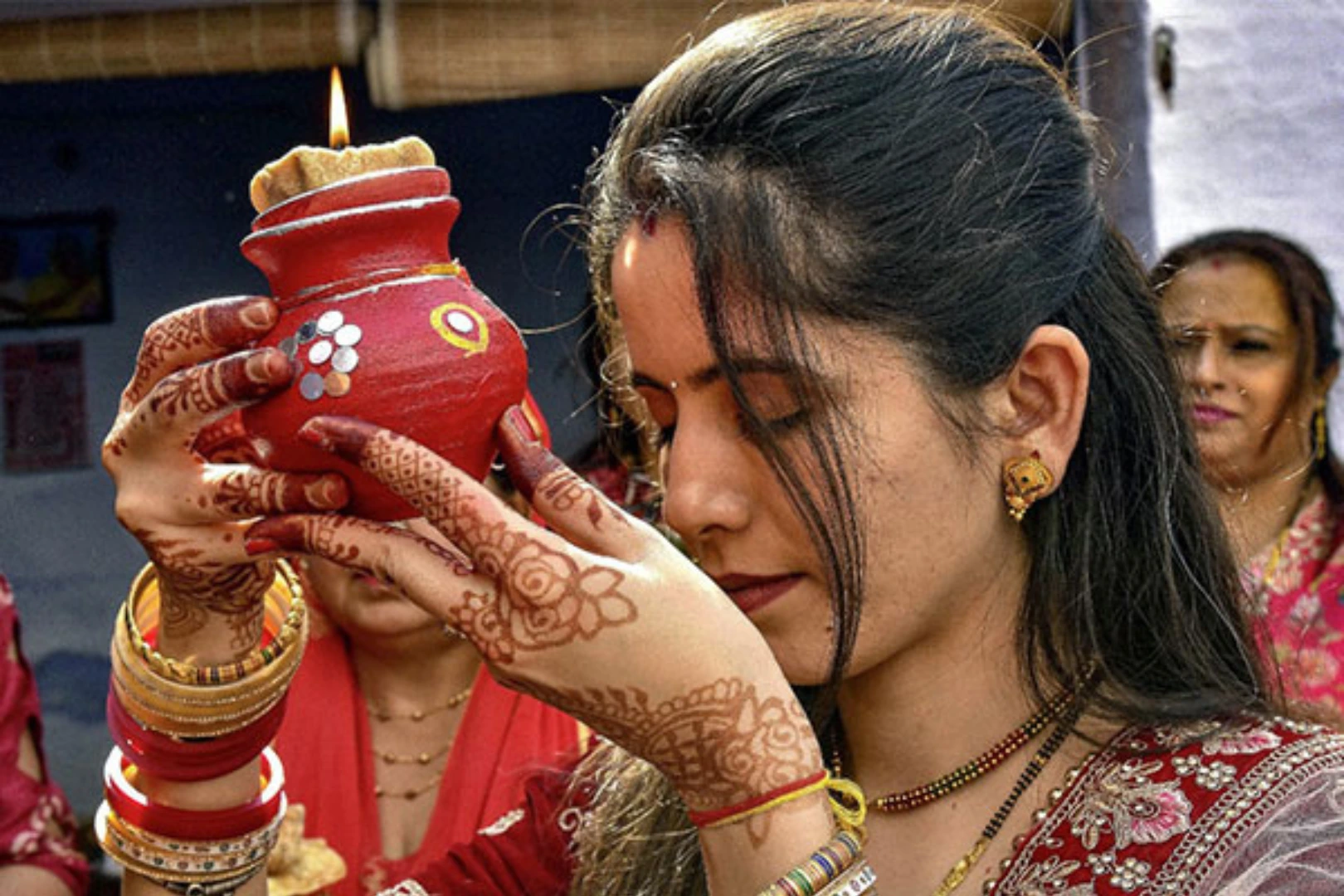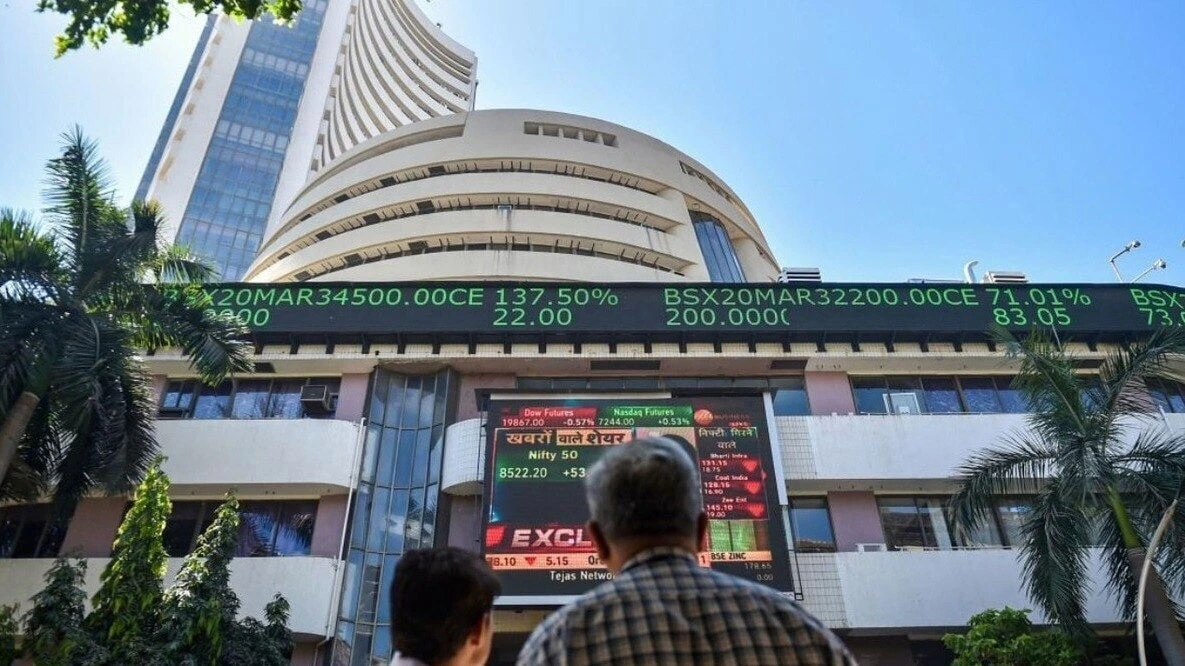19-Oct-2024, 02:09 PM
The upcoming Karwa Chauth festival, celebrated predominantly in northern and western India, is projected to generate a significant economic boost of approximately Rs 22,000 crore across the nation. This surge in economic activity reflects the festival’s cultural importance and the extensive consumer spending associated with it.
Karwa Chauth, observed on October 20, 2024, is marked by married women fasting from sunrise until moonrise, praying for the longevity and well-being of their husbands. The festival has evolved into a vibrant celebration that encompasses various traditions, including elaborate rituals, festive shopping, and community gatherings.
According to the Confederation of All India Traders (CAIT), the anticipated economic impact stems from a wide array of purchases made by women in preparation for the day. These purchases include traditional attire like sarees and lehengas, jewelry, cosmetics, and puja materials such as earthen pots (karwas), sieves, and decorative items for the puja thali. The demand for these products is expected to drive sales significantly, with estimates suggesting that Delhi alone could contribute around Rs 1,500 crore to this overall figure.
The CAIT has highlighted that this year’s festivities will see increased consumer spending due to a growing trend of women embracing the festival with enthusiasm. The market is expected to witness a rush as women shop for various items essential for the rituals. Additionally, many households prepare special meals and sweets to celebrate the occasion, further enhancing local economies.
Beyond individual spending, Karwa Chauth also stimulates various sectors such as retail, hospitality, and transportation. Local markets are likely to experience a surge in foot traffic as people flock to shops for festive purchases. Moreover, event management companies will benefit from organizing community celebrations and gatherings centered around the festival.
The festival’s economic significance is underscored by its timing within the broader festive season in India, which includes other major celebrations like Diwali and wedding seasons. This period typically sees heightened consumer activity across multiple sectors.As Karwa Chauth approaches, businesses are preparing to meet the anticipated demand with attractive offers and promotions aimed at capitalizing on this festive spirit. The combination of cultural significance and economic opportunity positions Karwa Chauth as a pivotal event in India’s annual calendar, reinforcing its role not just as a religious observance but also as a substantial contributor to the national economy.





